Keywords: Margaret Dooley
-
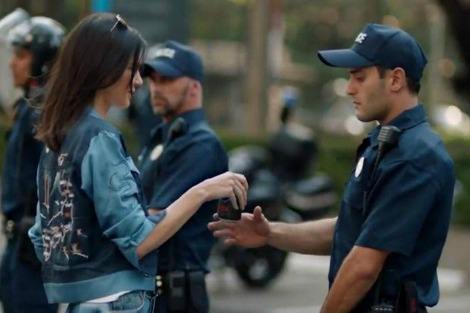
MEDIA
- Francine Crimmins
- 10 April 2017
3 Comments
Pepsi's advertisement has been accused of appropriating the struggle for race and gender equality in the name of its product. It makes sugar filled drinks seem like the key to stopping police brutality against people of colour, and simplifies the way people engage and make change in the world. The image of Kendall Jenner approaching police has been compared to the actions of Black Lives Matter protestor Leshia Evans. While Jenner manages to strike up a friendship, Evans was thrown to the ground.
READ MORE 
-

MEDIA
- Francine Crimmins
- 03 April 2017
4 Comments
I can think of many films I saw in childhood which still resonate because of their morals and characters. The dark and dangerous fire swamp of The Princess Bride, where Westley must wrestle with rabid beasts to save the damsel in distress, taught me about bravery. The Harry Potter series shows a boy who has suffered a great loss but finds community and purpose during his time at Hogwarts. There's something all these movies have in common: they were all about men.
READ MORE 
-
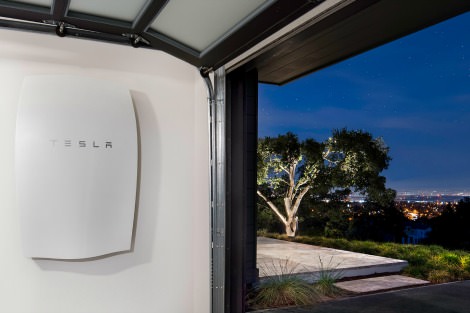
ENVIRONMENT
- Francine Crimmins
- 27 March 2017
14 Comments
Earlier this month Tesla launched the Powerwall 2. In the transition to renewable energy, it may be the biggest disruption to hit traditional energy companies yet. In fact, it's probably their worst nightmare. Our role in energy under this innovation has changed from us being consumers to possibly all being providers. Just as Uber disrupted taxis and Airbnb disrupted traditional hotel chains, so too will the Tesla battery change our relationships and transactions with energy.
READ MORE 
-
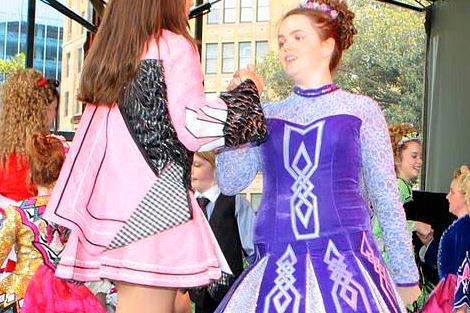
RELIGION
- Francine Crimmins
- 16 March 2017
8 Comments
My grandfather told me Patrick was a saint because he drove the frogs and snakes out of Ireland. He also told me if I stepped in a fairy ring while we were on our walks I'd disappear forever. So naturally as I grew older, I became skeptical. Each year in my family St Patrick's Day has marked a survival of Irish culture in Australia. Sometimes this can be in subtle ways and sometimes it means singing at the top of our lungs, enjoying a drink and having a dance.
READ MORE 
-
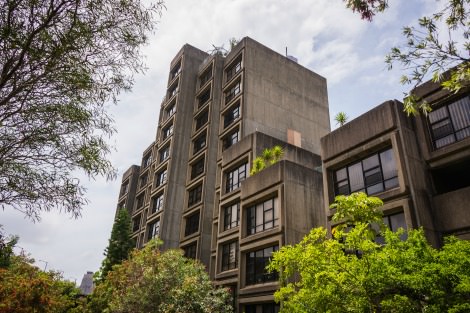
INTERNATIONAL
- Francine Crimmins
- 03 March 2017
4 Comments
An unread newspaper tumbles and breaks apart in the wind. A man sits alone on a park bench wondering what it would be like to hear children riding bicycles through the park. As darkness settles the city's workers commence their long journeys home. Not even the music of the street performers is heard anymore. They were all relocated. Car engines hum and airplanes roar. Somehow the city ecosystem continues despite the investment predators having eaten up all other types of life.
READ MORE 
-
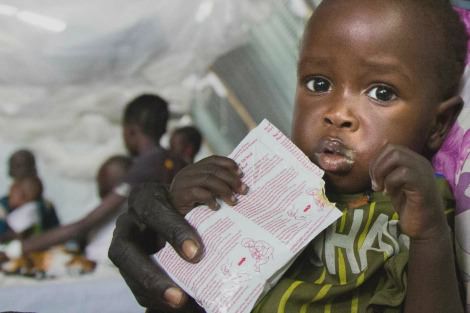
INTERNATIONAL
- Francine Crimmins
- 24 February 2017
2 Comments
This week the UN announced that more than 20 million people across four African countries face starvation in the coming months. As the World Food Program struggles to feed the starving, they are also reminding people that where there is great need in the world, there is often great waste. In Australia, the Department of Environment and Energy estimates food waste is costing households $8 billion every year. This is twice what the UN predicts it needs to cease a famine in four nations.
READ MORE 
-
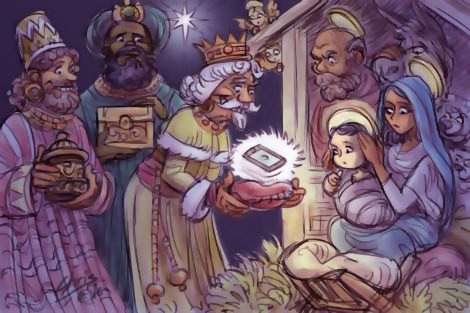
INTERNATIONAL
- Francine Crimmins
- 19 December 2016
22 Comments
A few years ago I woke up on Christmas morning to see a small, neatly wrapped gift under the tree. The size and shape were familiar and I was excited to see my name on the gift tag. I'd wanted a new phone all year ... one with one of those touch screens everyone else seemed to have. A few months later I could no longer feel pride for my phone, instead just guilt. I'd sat down and watched a documentary about how phones just like mine were manufactured.
READ MORE 
-

MARGARET DOOLEY AWARD
The Margaret Dooley Young Writers Fellowship is offered to support the development of young Australian writers aged 15–25.
READ MORE
-
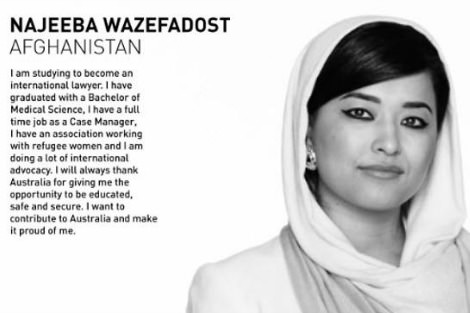
AUSTRALIA
- Somayra Ismailjee
- 20 May 2016
33 Comments
The irony of trying to negate these stereotypes is that in doing so, we are still cheapening asylum seekers to political tools, stripping them of their humanity and multiplicity. Aiming to counter such rhetoric as Dutton's with stories of high-achieving refugees plays into a toxic game that legitimises the same negative stereotypes by engaging with them. Just as invisibility dehumanises asylum seekers, so does the hypervisibility we attribute to a select few stories.
READ MORE 
-
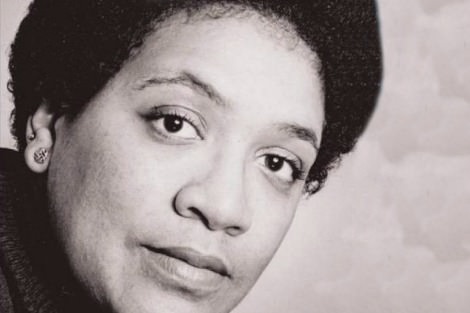
AUSTRALIA
- Somayra Ismailjee
- 24 February 2016
4 Comments
Feminist writer Audre Lorde wrote that 'Caring for myself is not self-indulgence, it is self-preservation, and that is an act of political warfare.' In medical professions, the term 'self-care' originated in reference to the self-management of illness. Self-care, however, also exists in the context of social justice, extending beyond physical wellness to cater for a holistic approach that includes emotional, mental and spiritual fulfilment. The need for this is rooted in the burden of oppression.
READ MORE 
-
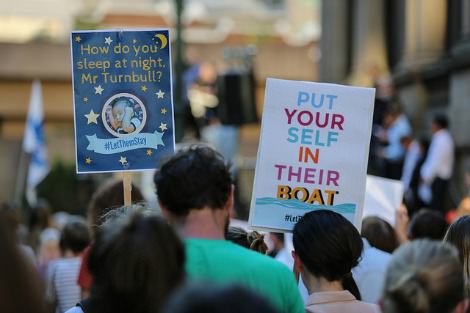
AUSTRALIA
- Somayra Ismailjee
- 12 February 2016
8 Comments
Since the first churches offered sanctuary to the refugees facing deportation to Nauru, a steady stream of voices have joined the call for compassion. As a political language, compassion is itself a reclamation of power. Extending safety, resources, or even a mere welcome to people in need proves that we have something to give. Strength is embodied by a capacity to aid and assist, rather than in cruelty. Empathy, care and compassion appeal to us on a level of emotion that runs deeper than mere rhetoric.
READ MORE 
-
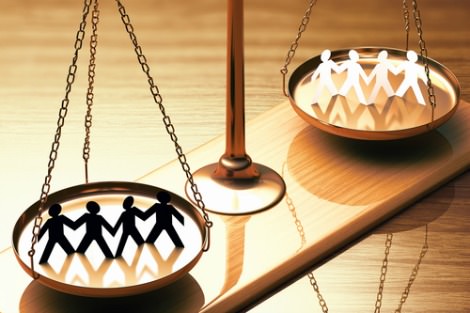
AUSTRALIA
- Somayra Ismailjee
- 03 February 2016
6 Comments
A perception of Muslims as 'savage' and antithetical to peace accounts for incidents where overtly racist people can rejoice easily at the loss of human life, to little negative reaction. When a person is deemed unworthy or bereft of humanity, their death becomes gruesomely welcome. While Islamophobia itself does not define racism, Muslim people exemplify ideas of a cardinal threat against the Anglocentric West, which laterally affects how brown non-Muslim minority groups are treated.
READ MORE 